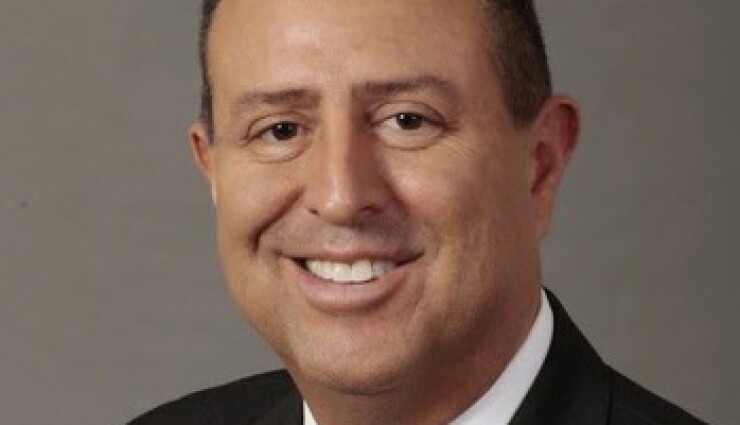A specific environmental social and governance regulatory proposal tailored to the municipal bond market may not be necessary, as the Securities and Exchange Commission’s proposal that applies to corporate issuers may be enough to satisfy the muni market’s ESG-related disclosures.
That’s according to panelists who spoke during the National Association of Bond Lawyers’ Workshop on Wednesday. The event is NABL’s major annual conference, and brings together bond lawyers and regulators to discuss current topics related to public finance.
“Folks always ask, these rules are in the corporate market, are they going to come to the municipal market?” Dave Sanchez, head of the SEC’s Office of Municipal Securities said. “They don’t have to, if the market responds,” he added. “If the market response does what it needs to do, then there doesn’t need to be any additional rule writing here.”
This spring, the SEC released two separate proposals on cybersecurity and environmental, social and governance risk disclosures that muni market participants quickly took as a precedent.
Sanchez went further to offer a view as to how the municipal market should be looking at the proposal and how participants can begin to integrate the strategy.
“I do think it’s really a great cost benefit to read through these proposed rules on cybersecurity, and ESG,” Sanchez added. “When you’re practicing, a lot of times you kind of struggle with these disclosure issues, that may seem really tough. But when you do read these rules, they don’t apply to our market, they are more prescriptive, they do give you those additional touch points and that’s usually enough to get you to be able to make a decision to think through the problem.”
But even without formal rules specifically tailored to the municipal market, environmental social and governance integration will likely come to the municipal market faster than expected.
“The thing that I think people haven’t really paid attention to is that the impact of ESG regulatory changes may come to muni market much quicker than you think, particularly in the context of the fund proposals,” said Ernesto Lanza, of counsel at Ballard Spahr and former acting director for the Office of Municipal Securities.
He singled out integration funds, which consider ESG as one of many factors, ESG focused funds and impact funds which will soon have to comply with differing degrees of fund standards.
“Assuming a final rule is adopted in some form, funds are going to have regulatory requirements that they need to meet in order to comply with their obligations,” Lanza said.
Lanza noted that the requirements get more stringent when going from integration funds to impact funds, yet at the same time, it’s going to be up to each individual fund to set their own standards.
“What’s your method for including or excluding investments that meet your standards? And if they are quantitative, what are those specifics? If they’re qualitative? What are those qualitative factors? Do you have a scoring methodology? What is it? What if there’s third party data being used? How do you get assurance that that third party data is good?” Lanza said.
Sanchez has, in his previous public appearances over the last year, touched on how market participants should think about materiality and ESG-related disclosures but said more formal guidance might be coming from the Commission.
“This mostly comes up in the context of folks saying we want to see an update to the ’94 interpretive guidance,” Sanchez said, referring to a 1994 SEC release setting forth the agency’s views on disclosure obligations in the muni market.
“I think my predecessors did a really great job with some staff statements and statements from the chair,” he added. “We’d like to kind of continue to build on those, to the extent we can provide additional touch points that are helpful to the market, this is something that’s always of interest to us.”
Panelists also discussed the deluge of cases that violated limited offering exemption rules, and urged market participants to take a step back and carefully consider why they are using such an exemption.
“What is motivating us to use this exemption? And in situations where the motivation is to not provide disclosure, understand that if it’s not done right, and that’s multiplied across the industry, that’s a massive problem that the SEC would need to solve,” one panelist said. “In those circumstances, you’re probably going to be held to a higher standard in that regard.”
